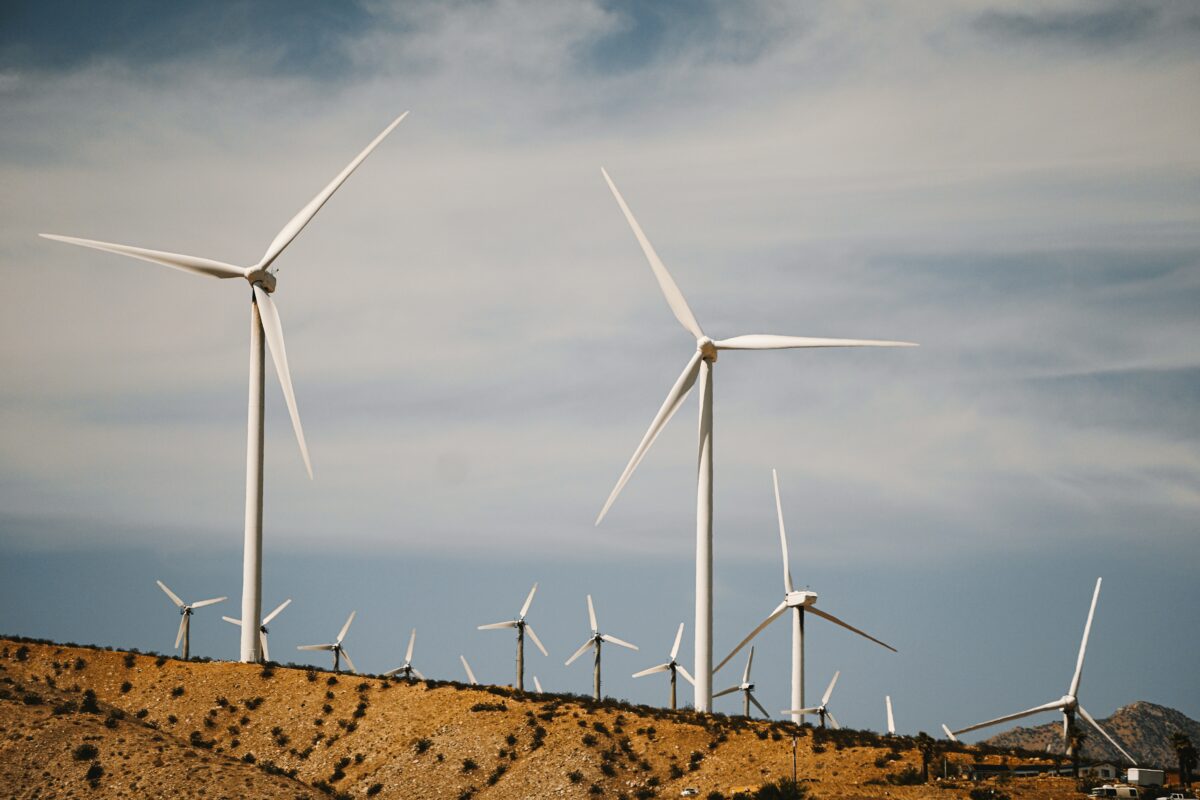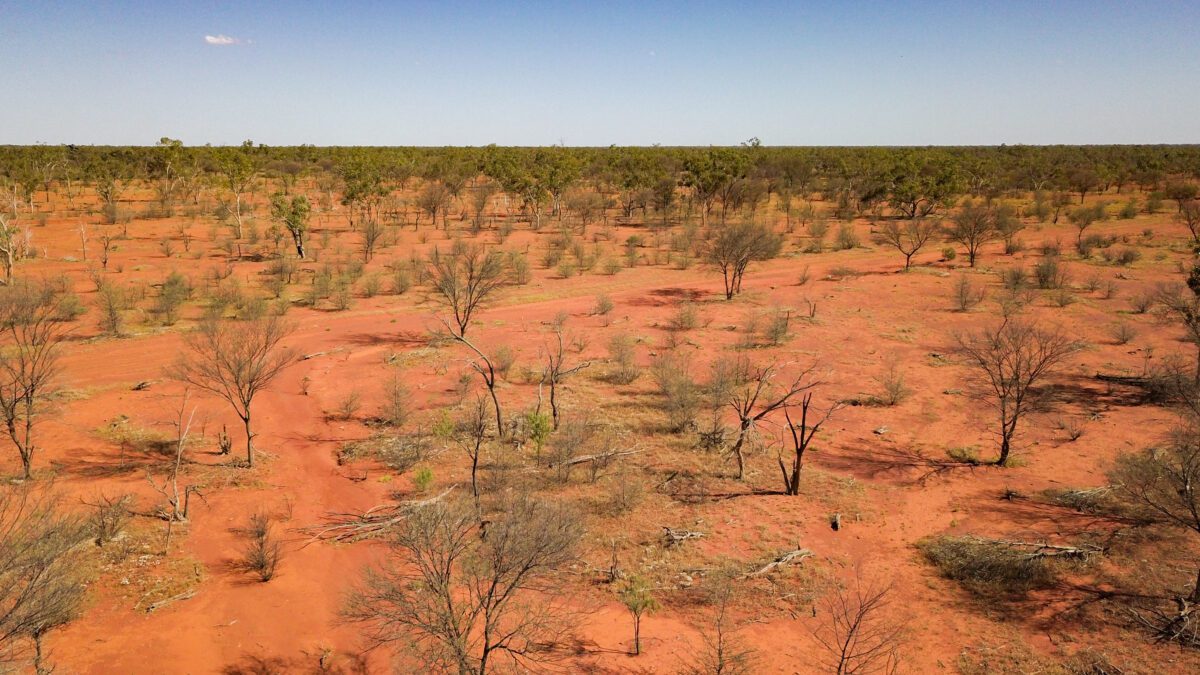CMI Media Release
Australia’s carbon farming sector is ready and raring to grow over the next decade to further help the nation reach net zero emissions, but is aware of the need to ensure the highest integrity possible, a national forum has heard.
With more than 400 people from around the country attending, it was the Carbon Market Institute’s biggest Carbon Farming Industry Forum yet.
The virtual forum will continue next Friday, 17 September with a focus on agriculture and carbon farming as well as valuing environmental and social co-benefits.
John Connor, CEO of CMI said:
“There is a great sense of excitement and achievement in the industry given a number of key milestones have been met and demand for the sector is clear.
“While there was early cynicism if 10 million Australian Carbon Credit Units could be achieved, the 100 million milestone was passed last week. Participants today were optimistic that 1 billion can be achieved in the next decade from land based carbon farming activities.
“But achieving that billion milestone will require a tenfold increase in current activity. Today’s forum heard of ways that could occur, including new measurement methods, technological developments and changes to how partnerships are approached.
“It’s a sobering statistic though that the 100 million ACCUs were just 2 per cent of Australia’s emissions for that time period. The forum discussed the need to match greater ambition with a shift to carbon and environment market policies that move from government grant schemes to stronger corporate compliance and voluntary frameworks.
“The good news is there’s an eagerness in business to get to the next level.”
Other prominent issues discussed at the forum today included:
- Corporate commitments to net zero are increasing, and these commitments need to be backed by robust carbon credit units with high integrity
- Australia is uniquely positioned for carbon farming with plenty of land and a relatively high integrity assurance framework, backed by the world’s first Carbon Industry Code of Conduct
- Other international verification frameworks are becoming active in Australia and their impact on standards will need to be closely monitored for market impact
- The introduction of optional contracts in Emission Reduction Fund and high levels of corporate voluntary and compliance demand may see the ERF become more of a way to help businesses reduce risk rather than a driver of Australian carbon reduction investment
- To mitigate risk of reversal, the CER is working closely with the Bureau of Meteorology and building climate impact estimates into all methods, and reminding carbon service providers to include drought and fire buffers into planning
- CER has moved to the procurement phase with the establishment of their trading platform carbon exchange, suggesting this will help build trust and support small and medium-sized businesses to participate in the market
- The sector needs to attract the best talent and have a positive, creative mindset, capacity-building is critical across the value chain, from bankers, lawyers, valuers, accountants but also landholders.
<ENDS>
Media contact – Bec Gredley on 0484 088 095
Key speakers next Friday include:
- Tony Mahar, CEO National Farmers’ Federation
- Gillian Mayne, Director Land Restoration Fund
- Jason Strong, Managing Director Meat and Livestock Australia
- Charlie Prell, Chair Farmers for Climate Action
Media are invited to attend next Friday’s plenary session. To register contact Clare Price on clare.price@carbonmarketinstitute.org. Workshops are not open to the media.



